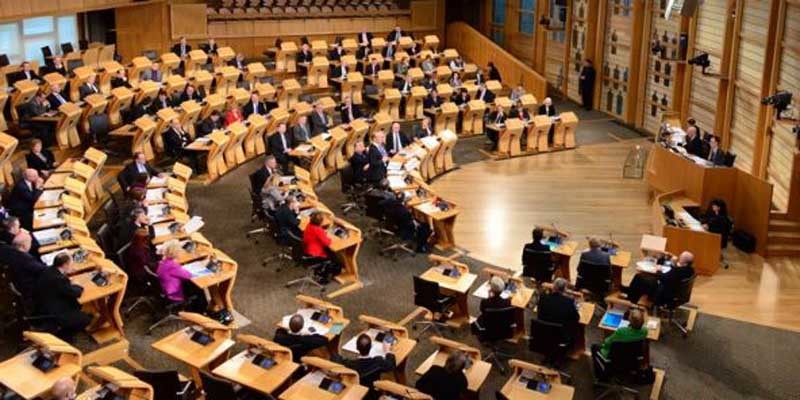Cancer patients are subject to ”an inferior health service” in Scotland, according to a group of specialists.
They made the claim yesterday during a meeting with MSPs at Holyrood.
The politicians were also told there is a serious risk the country could lose its world-class status for biomedical research a major sector in Dundee.
During a scheduled round table discussion, the Health and Sport Committee heard from a range of cancer specialists on the problems they have accessing drugs in Scotland.
They said cancer centres are struggling to recruit qualified staff and risk losing clinicians to elsewhere in the UK because they do not offer training with up-to-date drugs.
The experts said the Scottish Government spends more money on mental health, cardiovascular treatment and cholesterol problems than cancer.
They called on Scotland’s politicians to be ”honest” with patients and admit other areas are being given priority over cancer drugs.
Dr Tim Crook, consultant oncologist at the Scottish Melanoma Group, said Scotland’s status as ”a premier league biomedical research country” is under threat.
”In Dundee the town depends on it and Edinburgh, Glasgow and Aberdeen do world-class biomedical research with world-class clinicians,” he said.
”We haven’t seen it yet but it will come. If these drugs are blanket unavailable then we will lose our cutting edge.”
NHS Tayside’s Dr Richard Casasola said every Scottish cancer centre is ”at least one consultant clinical oncologist short”.
”We’re struggling to recruit in Scotland as things stand, and if this whole issue does make that worse then I think we’re going to be in trouble,” he said.
Dr Stephen Harrow, consultant oncologist at Beatson West of Scotland Cancer Centre, said patients challenge him about why he will not prescribe drugs available in England.
He said: ”Unfortunately, patients are being told that it’s not down to cost, that it’s down to some other system. I think we need to be honest with them and tell them that we’re funding other things.”
Professor Charlie Gourley, clinical lead at the Scottish Cancer Research Network for South-East Scotland, said Scotland ”is moving a generation behind” in cancer research.
The committee was also warned that NHS Scotland is in financial trouble and that this would be exacerbated if the Government asks the ”imperfect” Scottish Medicines Consortium to apply less scrutiny to the cost of drugs.
A Scottish Government spokesperson said: ”The Health Secretary (Alex Neil) has already instructed that a review be carried out to assess the current systems for making new medicines available across NHS Scotland to ensure consistency of approach to their introduction.
”This work will look at every aspect of the introduction of new medicines from national advice to local decision-making to establish whether any further improvements can be made.
”Any recommendations made as a result of the review will be considered next year.
”In addition, we will consider any recommendations made by the Health and Sport Committee as part of this work.”
Scottish Conservative health spokesman Jackson Carlaw said: ”The Health Secretary can no longer ignore the overwhelming evidence that a special fund should be in place until a permanent solution is found to ensure cancer patients get access to the best treatment possible.”
